Mountainous communes and especially disadvantaged areas do not strive to meet new rural standards for fear of losing social insurance support, rice for students, and benefits for officials and civil servants.
The above situation is stated in the report of the National Assembly Supervision Delegation on the results of implementing the Resolution of the National Target Program on new rural construction, sustainable poverty reduction for the 2021-2025 period and socio -economic development in ethnic minority and mountainous areas for the 2021-2030 period.
The monitoring delegation assessed that the results of the implementation of the national target program on new rural construction in different regions have large differences, the lowest being in the Northern mountainous region and the Central Highlands. There is a phenomenon of mountainous communes not registering to strive to meet new rural standards by 2025 because if they do, they will no longer be particularly disadvantaged communes and will not be entitled to social security policies such as health insurance, rice support for students, policies for cadres, civil servants, and public employees...
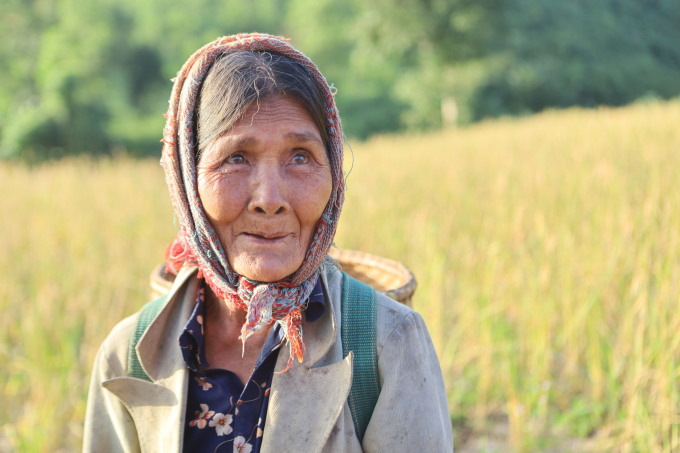
People in Khanh Vinh district, Khanh Hoa province harvest upland rice in 2022. Most communes in this district are facing special difficulties. Photo: Xuan Ngoc .
According to Decision 861 of 2021 of the Prime Minister, the whole country has more than 3,400 communes in ethnic minority and mountainous areas. Of which, nearly 1,700 communes are in region I (initial development), 210 communes are in region II (still facing difficulties) and more than 1,500 communes are in region III (particularly difficult).
Communes in region III and region II, if recognized as meeting new rural standards, will be identified as communes in region I and will no longer enjoy policies applicable to communes in region III and region II.
According to regulations, cadres, civil servants and public employees working in areas with special difficulties are entitled to attraction allowance; long-term work allowance; first-time allowance; allowance for purchasing and transporting fresh and clean water; one-time allowance when transferring to work out of areas with special socio-economic difficulties or upon retirement.
In addition, they are paid for transportation; allowances for sightseeing, study, professional training; preferential allowances for occupations; mobility allowances and allowances for teaching ethnic minority languages for teachers and education management officials. Students in this area are also supported by the State with food, housing and rice.
The monitoring delegation assessed that the results of new rural construction were not uniform and not really sustainable; some localities lacked determination and showed signs of slowing down. The mechanism of integrating central budget capital sources of programs to support new rural construction in especially disadvantaged communes and poor districts was not really effective.
The quality of new rural standards and the sustainable maintenance of results of some communes after reaching the standards are still limited, especially in terms of environment, income, and social security and order. The quality of infrastructure works after reaching the standards in some localities has shown signs of deterioration due to lack of attention and regular maintenance.
The monitoring delegation recommended that the Government and the Prime Minister thoroughly resolve difficulties and concerns regarding residential land, housing, production land, domestic water, and settlement of residents in ethnic minority and mountainous areas; and resolve shortcomings in implementing policies for communes recognized as meeting new rural standards. Support policies for communes with special difficulties, poor districts, poor and near-poor households, and vulnerable groups in rural and ethnic minority areas must be revised and supplemented.
"There should be policies on vocational training, job creation, housing support in rural areas, and social protection for poor households that are unable to work," the monitoring delegation proposed.
The National Assembly will spend the whole day on October 30 discussing the report on monitoring the implementation results of the Resolution on the three national target programs mentioned above.
Source link





![[Photo] General Secretary To Lam attends the 80th anniversary of Vietnam's diplomacy](https://vstatic.vietnam.vn/vietnam/resource/IMAGE/2025/8/25/3dc715efdbf74937b6fe8072bac5cb30)



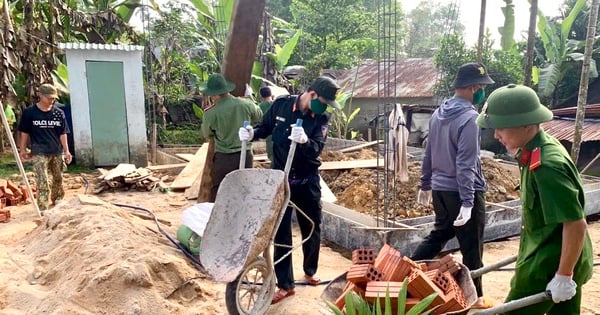

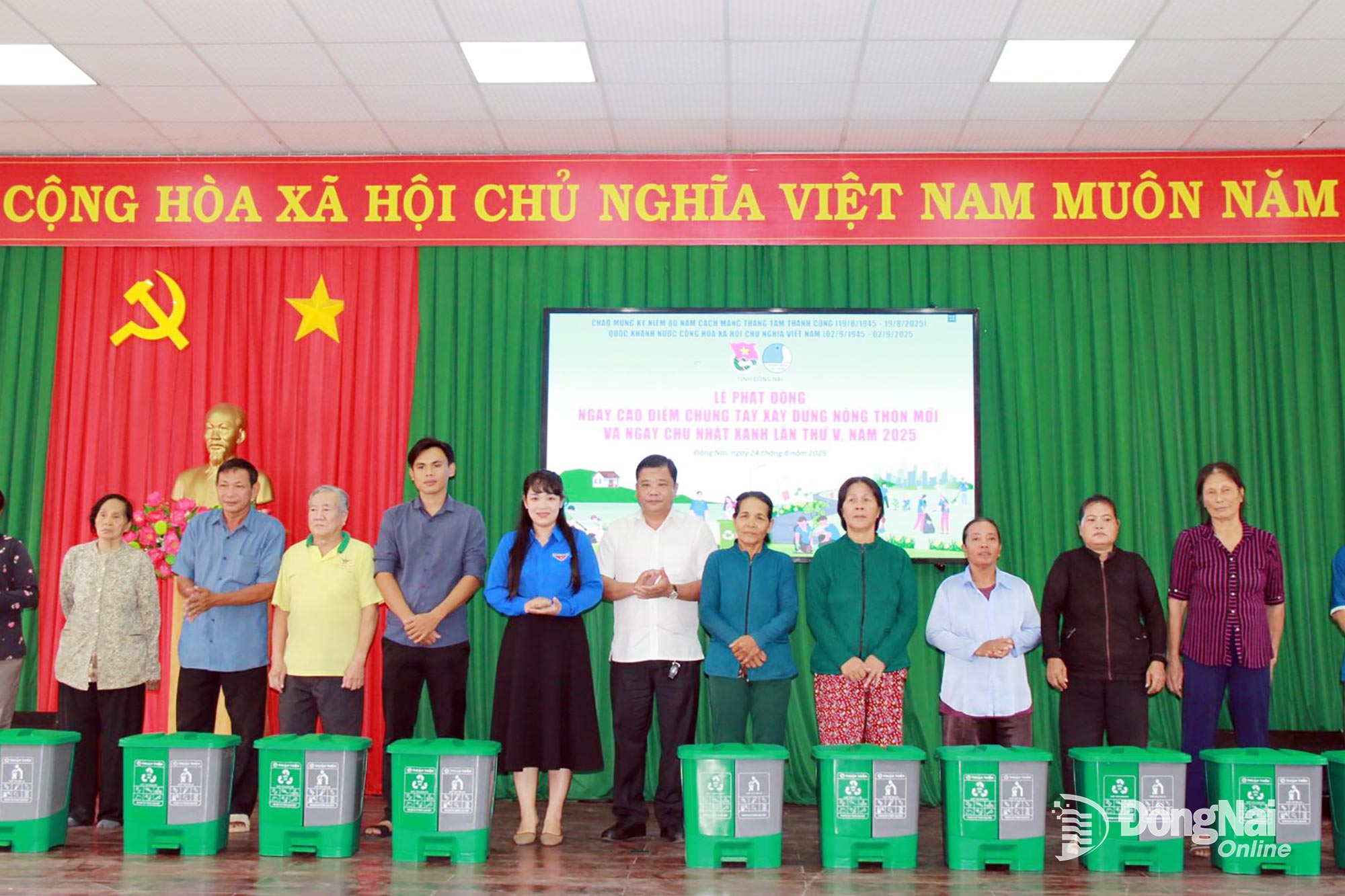

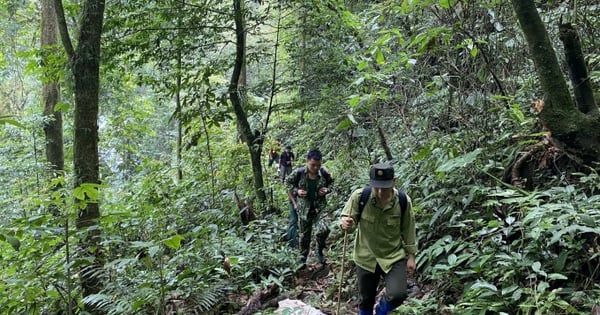

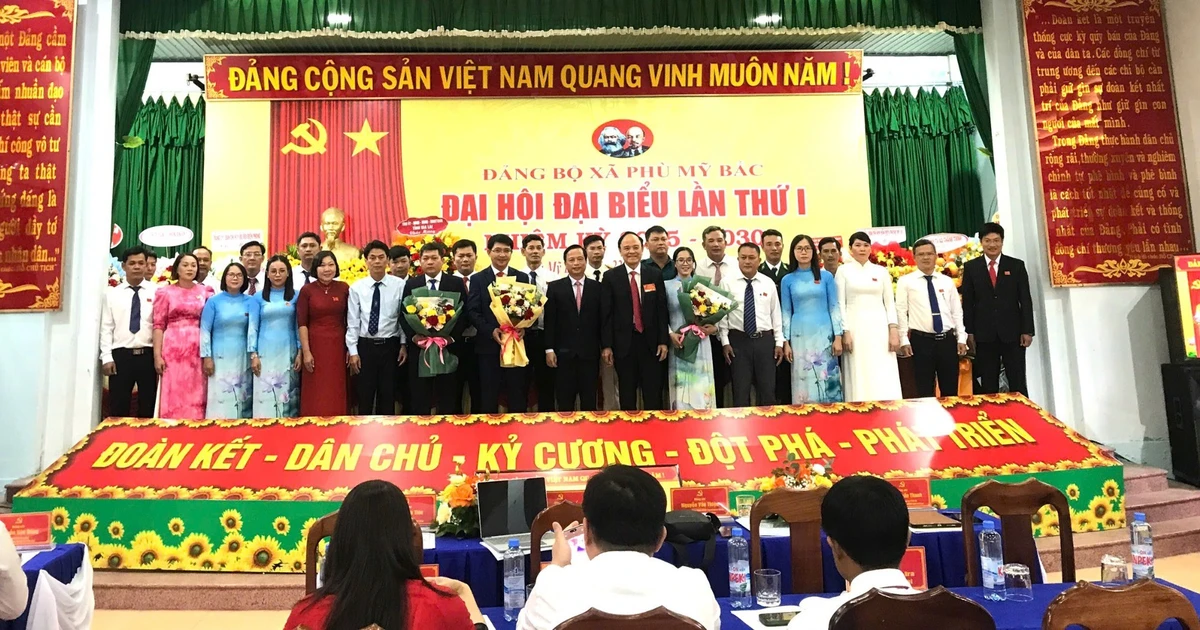

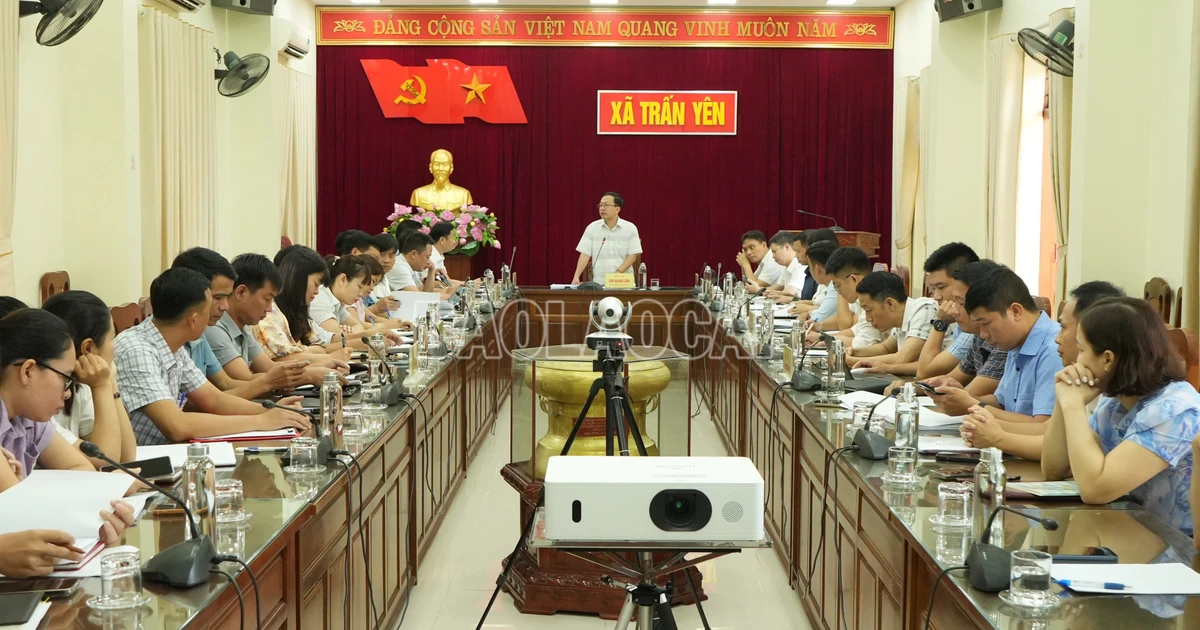

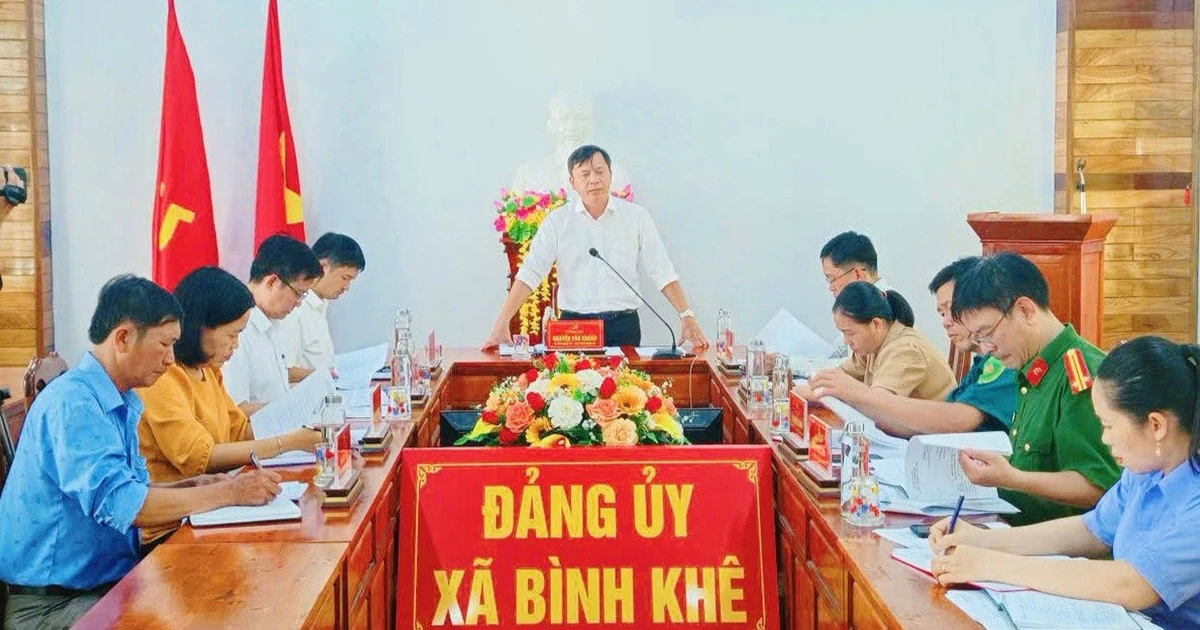




































































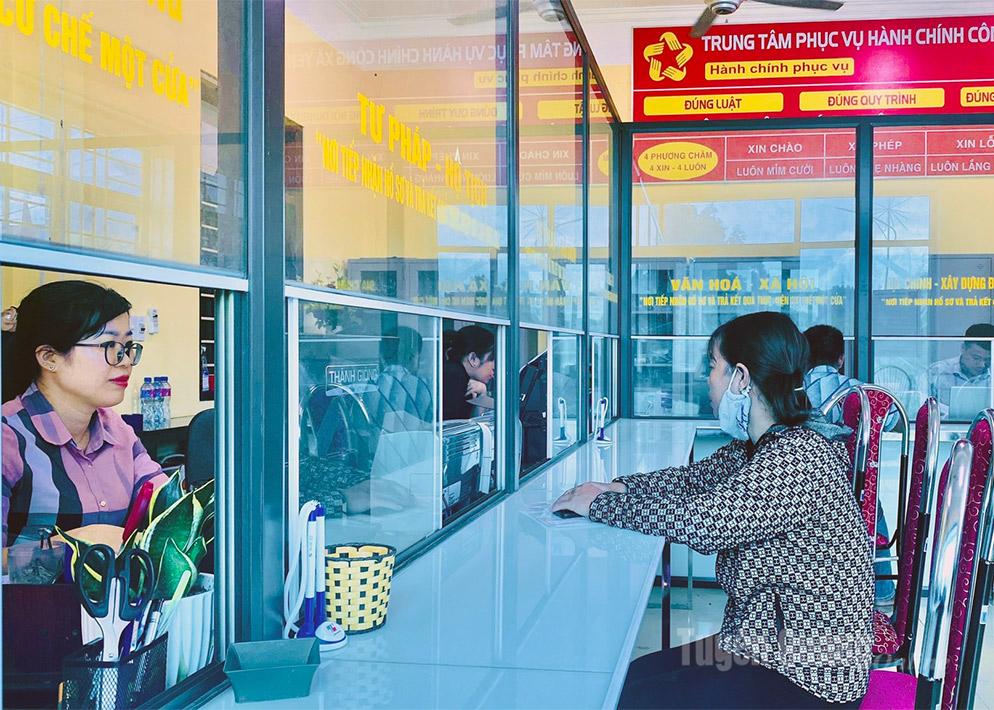

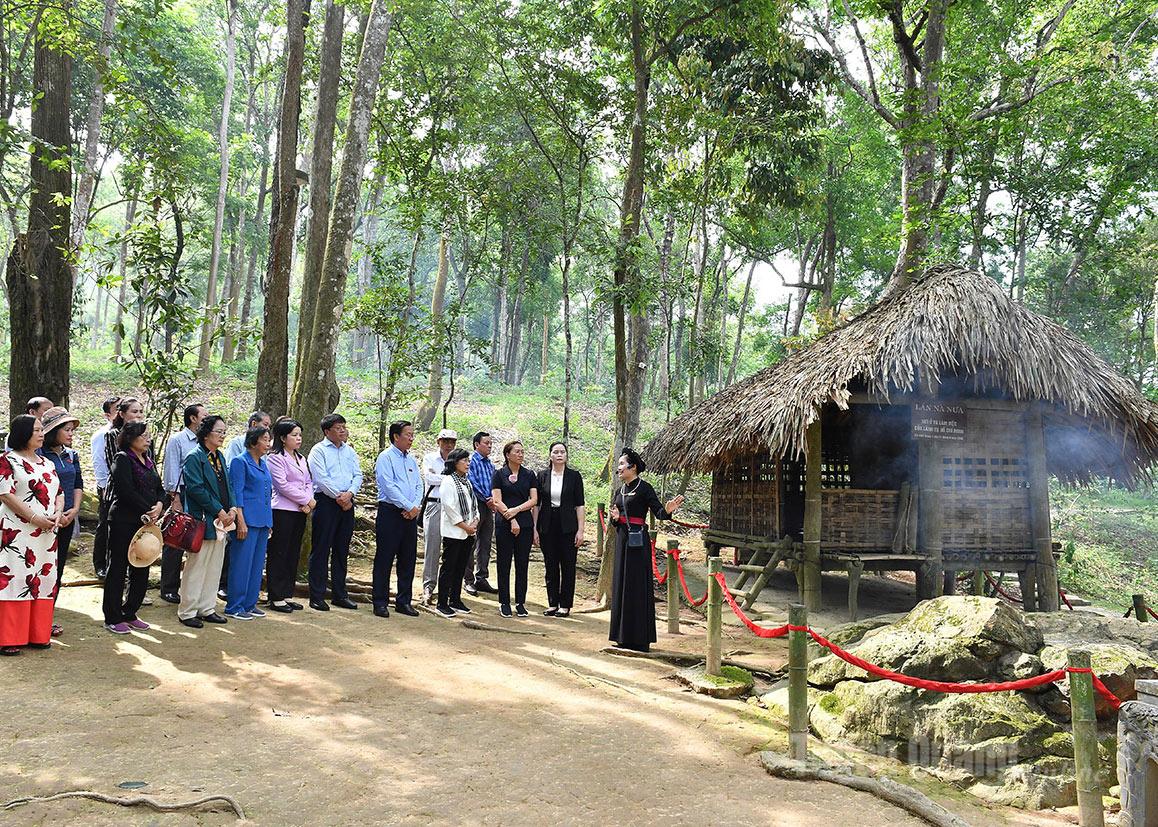
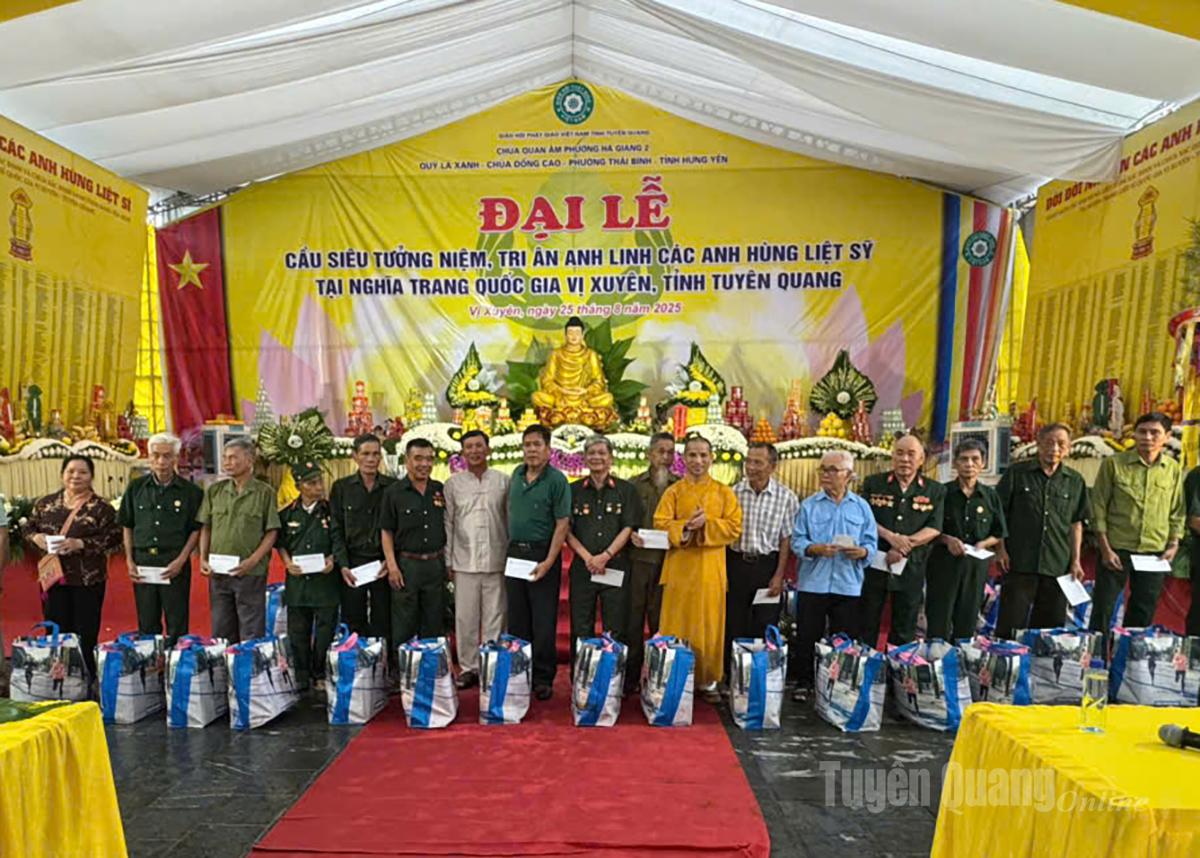


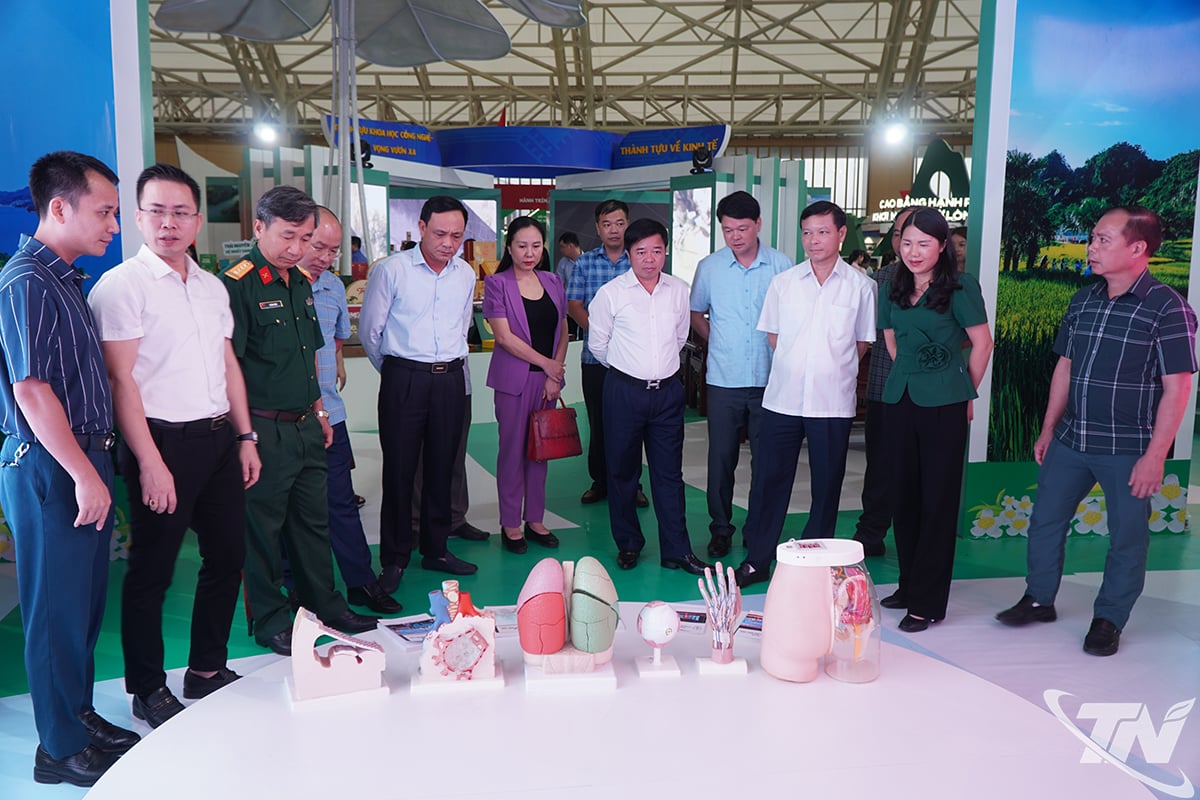

















Comment (0)